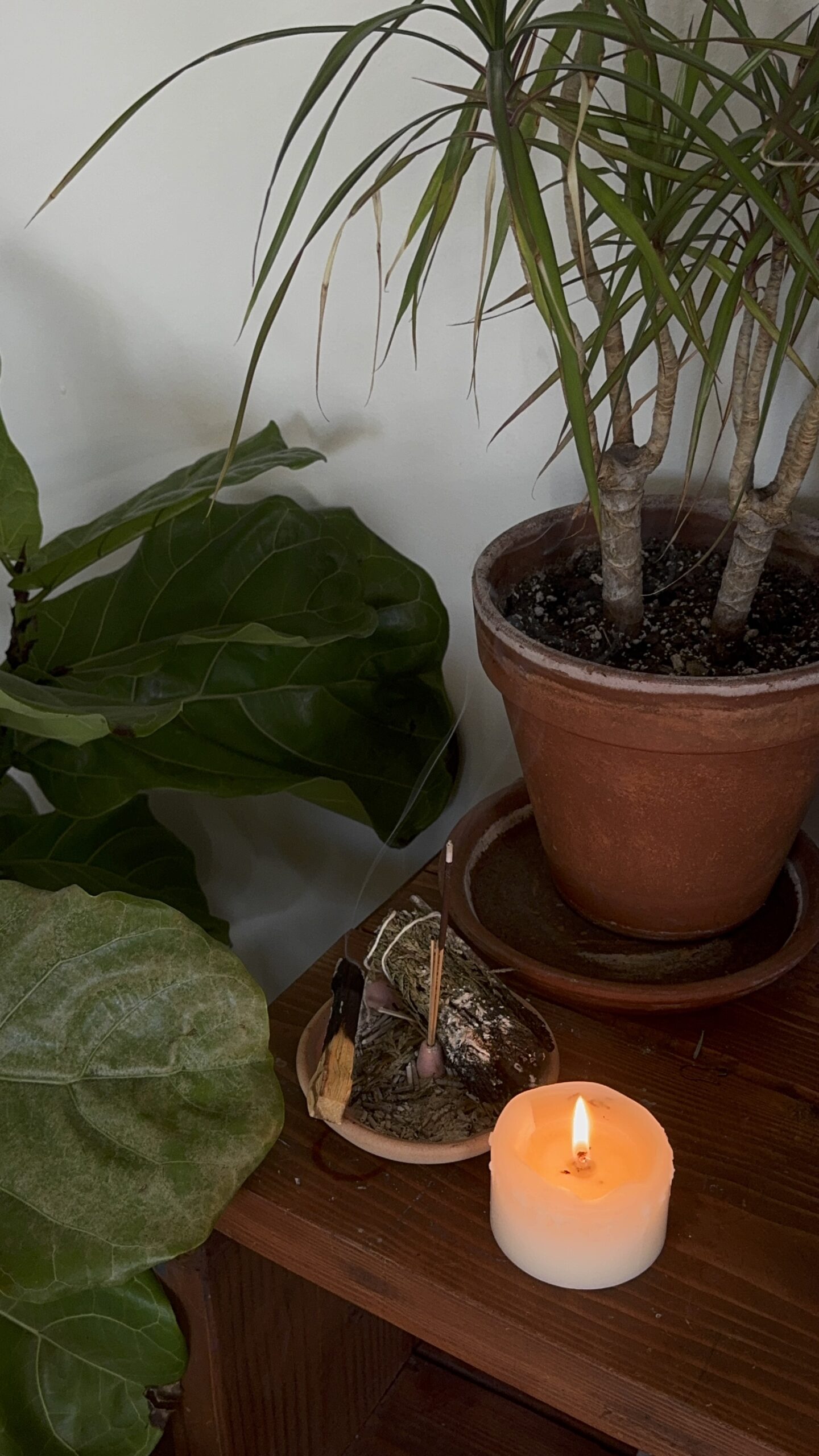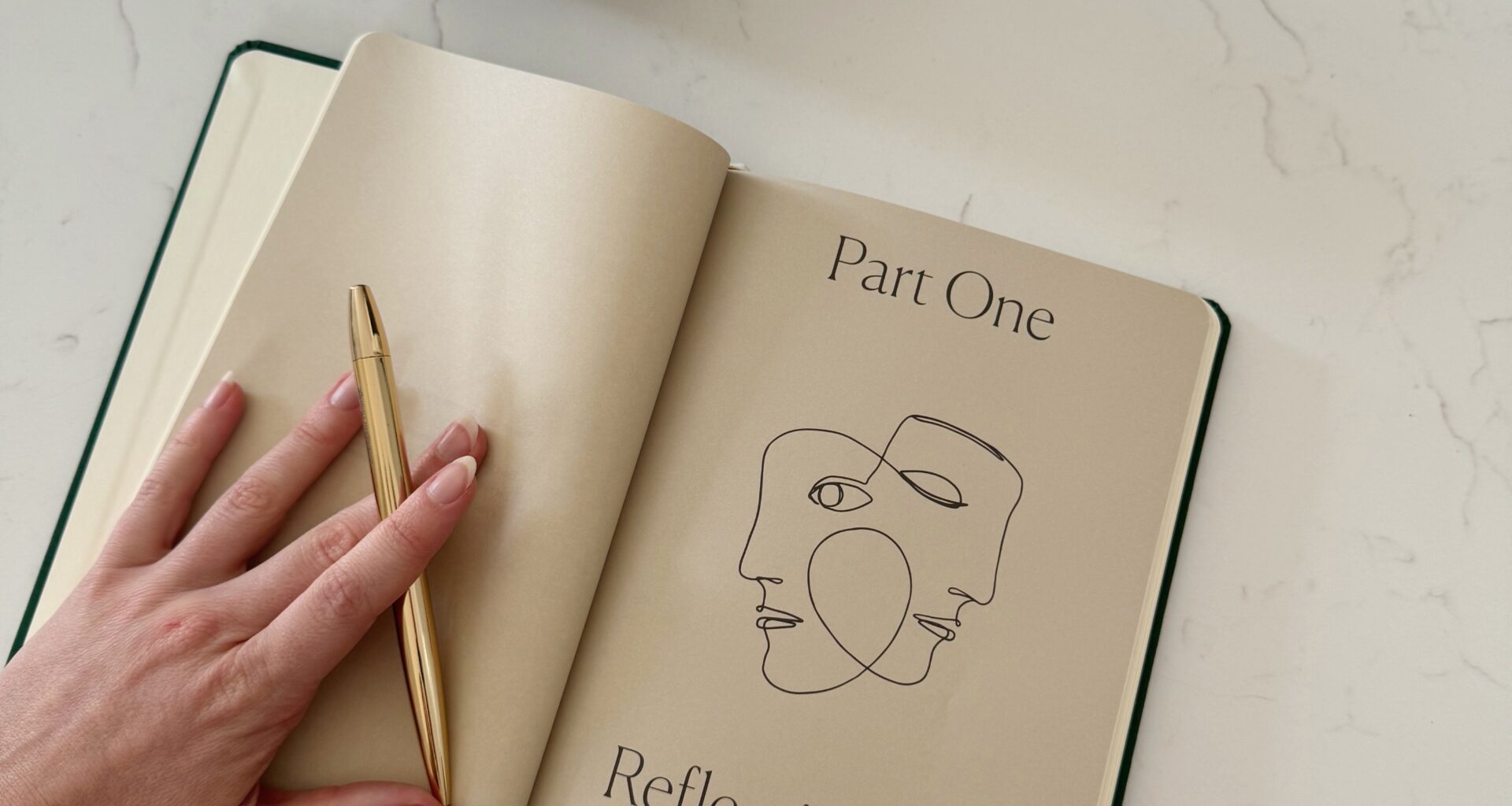Life transitions can be emotionally draining, especially when they involve family relationships. During separation, divorce, or custody matters, these changes often leave individuals feeling overwhelmed and uncertain about the future. During such challenging times, creating space for self-care becomes not just helpful but essential for maintaining balance.
Family legal matters typically bring additional stress that can affect both mental and physical wellbeing. Many people face challenges managing everyday responsibilities alongside a range of emotions and practical concerns. Self-care practices applied during difficult periods introduce more stability when daily routines feel disrupted and uncertainty is high.
Why Self-Care Matters During Family Legal Challenges
When individuals face family legal issues, their bodies often enter a state of heightened stress. This can lead to anxiety, sleep problems, and even physical symptoms like headaches or digestive issues. Taking time for self-care is an important part of maintaining health during difficult periods.
Lowering stress through consistent self-care helps support clearer decision-making. When the mind feels calmer and more focused, it becomes easier to evaluate options and make informed choices about family matters or to find a solicitor near you who understands specific situations. Setting aside time for self-care creates moments that support rational thinking.
Regular self-care creates an opportunity for the body and mind to recover from stress. Taking practical steps, such as setting aside time for calming activities or establishing routines, leads to small but noticeable improvements in mood and resilience. Daily habits that support relaxation often result in steadier emotions.
The connection between emotional wellbeing and legal matters is important. People who maintain a self-care routine tend to report greater confidence during legal proceedings. This emotional stability can assist when collaborating with a local family lawyer or handling sensitive discussions with former partners.

Building Your Personal Transition Toolkit
Building a helpful self-care ritual can start with one or two simple activities that feel comforting or grounding. Some people find that walking outside, playing music, or sitting somewhere quiet helps bring a sense of calm. Others prefer talking with a caring friend or spending time with a pet.
A thoughtful transition toolkit should address physical, emotional, and mental wellbeing. Physical practices might include walking, stretching, or getting enough sleep. Emotional support could come from journaling or speaking with a trusted friend.
Learning to notice personal triggers is important. Identifying situations that increase stress levels helps develop specific coping mechanisms. For instance, if checking emails from a divorce lawyer creates anxiety, scheduling specific times to read them can help.
Creating physical spaces that support emotional regulation is helpful. This might be a comfortable corner with pillows, a desk with inspiring photos, or simply a clean room. Digital spaces matter too. Creating folders for legal documents prevents them from appearing unexpectedly.

Quick Grounding Techniques for Overwhelming Moments
The 5-4-3-2-1 technique offers a practical approach using the senses to help break cycles of anxious thoughts. This method helps bring attention back to the present environment. Find five things you can see, touch four textures, listen for three sounds, notice two scents, and focus on one taste.
Simple breathing techniques work well for immediate relief. Taking a breath in for four counts, holding for four, and exhaling for six signals to the body that it is safe. This supports a reduction in the stress response that often follows difficult legal discussions.
For times leading up to important meetings, focusing on the body helps dissipate tension. Try progressive muscle relaxation by tensing and releasing muscle groups from toes upward. This releases the build-up that accompanies periods of anxiety.
Build these methods into daily routines so they become second nature. Use reminders, practice during low-stress points, or place visual cues around your home. This creates an automatic response when tension builds during family transitions.
Establishing Boundaries During Family Transitions
Clear boundaries bring structure when family life feels unpredictable. Setting communication limits with those involved in legal matters might include agreeing to only discuss legal topics at certain times. This step helps reduce emotional spikes and allows everyone to process information more calmly.
Personal time for rest and reflection is just as necessary as attending legal meetings. Consistently reserve even brief periods each day for personal care such as a quiet walk, warm drink, or creative project. These small rituals support recovery and create a sense of personal control.
Digital boundaries also play an important role. Turn off alerts for legal emails outside set hours or create separate folders for sensitive correspondence. This separation makes it easier to mentally switch between personal life and legal matters rather than having stress seep into every moment.
When dealing with complicated family matters, seeking professional help from a trained counsellor offers helpful outside guidance. These experts can recommend strategies tailored to similar transitions. Connecting with such support means not having to handle the process alone.
Maintaining Consistency When Everything Changes
Adjusting self-care routines based on shifting circumstances ensures they remain helpful rather than rigid. During especially tough days, shortening activities like reducing a meditation session or opting for a short walk keeps habits intact without adding pressure.
Tracking self-care in a simple journal helps track progress and spot patterns that improve overall mood. This reinforces the benefit of these efforts and helps you stay motivated even when results aren’t immediately obvious.
Creating morning and evening anchors provides stability during uncertain times. A consistent wake-up routine or bedtime ritual can become reliable touchpoints when other aspects of life feel unpredictable.
Celebrate small victories along the way. Acknowledging moments when you maintained boundaries or practiced self-care despite challenges builds confidence in your ability to handle the transition process.

Seasonal and Situational Adjustments to Your Ritual
Family dynamics can change during transitions, requiring self-care practices to shift as well. When there is increased interaction with former partners or in-laws, rely more on grounding methods and sensory exercises for immediate relief.
As court appearances or mediation sessions approach, focus on getting enough rest, supporting nutrition, and making time for gentle movement. These practices help regulate energy and emotions during particularly stressful events.
Once legal events conclude, plan simple, pleasant recovery routines such as a favourite comforting activity or chatting with someone supportive. This eases re-entry into daily life and helps with emotional processing after intense experiences.
A shift in the seasons also offers helpful cues. Winter naturally invites cosier self-care rituals like warm baths or reading novels. Spring lends itself to activities like outdoor walks or even symbolic fresh starts, such as planting something new.
Looking for ways to incorporate seasonal changes into self-care adds variety and ongoing engagement. This approach keeps the ritual feeling supportive and personally meaningful throughout every stage of the family transition journey.
Self-Care Ritual Planning Worksheet
Identify three physical activities that help you feel grounded. These might include walking, gentle yoga, or simply taking deep breaths. Note which ones feel most accessible during different emotional states.
Next, list supportive people you can contact when feeling overwhelmed. Include their names and specific ways they help, either through practical assistance or emotional support. Having this list ready prevents the need to think clearly when stress is high.
Create a collection of quick calming techniques for different settings. For instance, desk-friendly methods for work, discreet options for public places, and more immersive practices for home. This ensures you always have appropriate tools available.
Finally, develop simple phrases that remind you of your strength during difficult moments. These personal mantras can provide comfort when navigating complicated family matters or preparing to meet with a divorce lawyer for important discussions.




